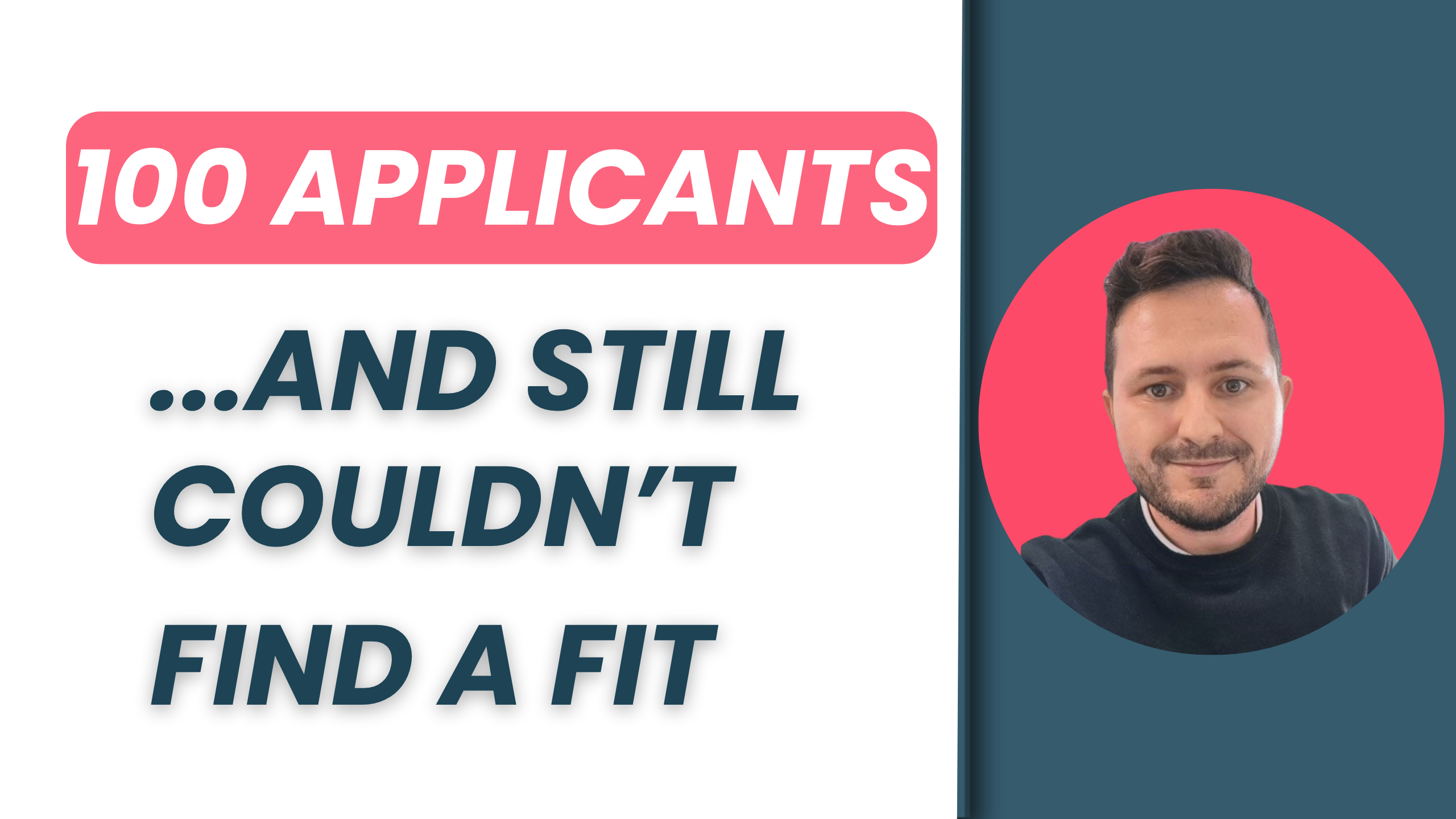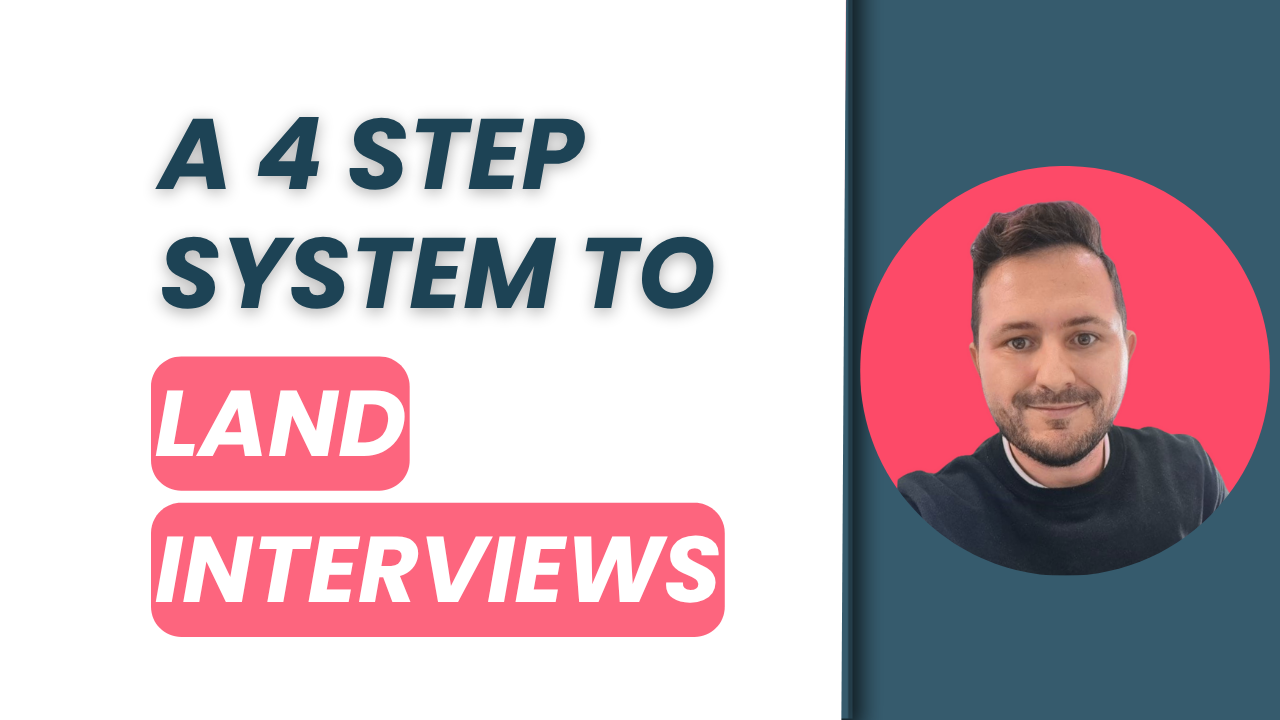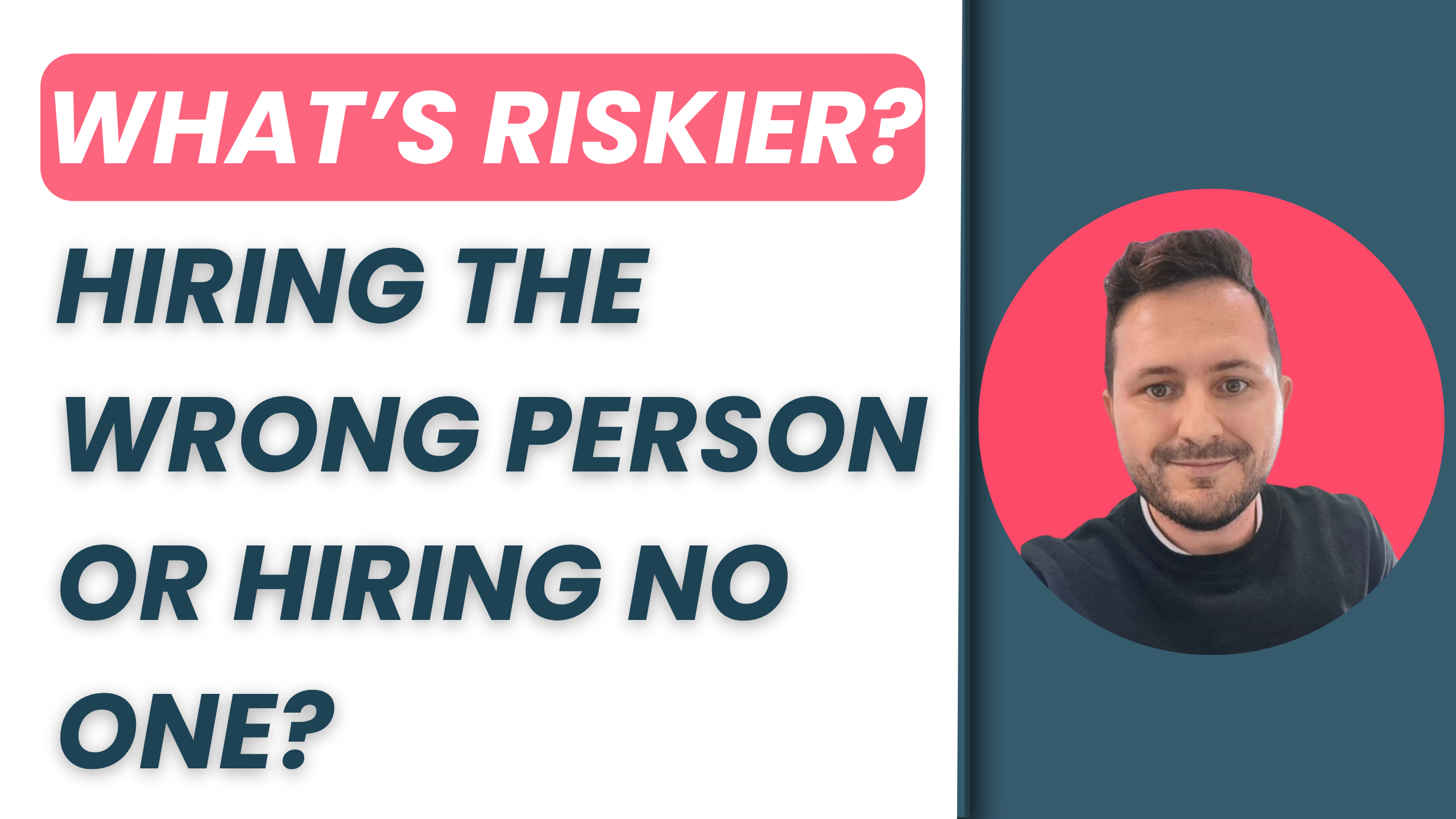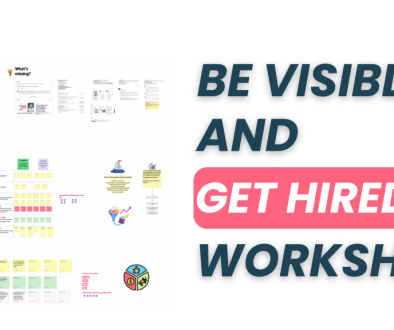Ace Your Next Interview: A Proven 3-Step Process
If you’ve been following along, over the last blog posts you’ve already fine-tuned your CV, optimized your LinkedIn profile, and strategically mapped out your job search. Now, it’s time to tackle one of the most crucial stages of your job hunt: the interview.
Let’s be real, interviews can feel like stepping onto a stage where all eyes are on you, and the spotlight can be blinding. It’s easy to think that the most qualified candidate always wins, but the reality is different. It’s not just about what you bring to the table; it’s about how you present it when the pressure is on. With the right preparation, you can walk into that interview room with your head held high and leave with the job offer you’ve been dreaming about.
Over the years, I’ve guided more than 200 individuals in advancing their careers and finding new jobs. The best candidates I remember stood out by doing just that, they didn’t just talk about wanting the job; they had a clear plan for how they could help the company grow, and they were excited to get started.
In this blog post, we’ll dive deep into a 3-step process that will give you the confidence and clarity needed to walk into your next interview and leave a lasting impression .
Step 1: Research – Get Acquainted with the Company and Industry 🔍
Think of your interview preparation as gathering ammunition for a strategic battle. The more you know about the company, the industry, and the people you’ll be speaking with, the better equipped you’ll be to showcase your value.
Start with the Basics
Start by diving deep into the company’s website. Explore their products, services, and market position. As you navigate through their online presence, ask yourself: What sets them apart? What strengths do they highlight? This isn’t just background information—it’s your toolkit for tailoring your responses to fit what they’re looking for.
Understand Their Customers and competition
Next, think about their customers. Who are they? What problems does this company solve for them? By aligning your own experience with the company’s needs, you demonstrate not just your expertise, but also your commitment to helping them succeed. And don’t stop there—take a look at the competition. What are the latest industry trends? How do other companies tackle similar challenges? This insight can arm you with innovative ideas to bring up during your interview.
Connect on Linkedin
Finally, connect with your interviewer before you even meet. A little LinkedIn look-around can reveal shared interests or experiences that you can weave into your conversation, creating an instant rapport. For example, if you see that your interviewer has a background in digital marketing, and you do too, that’s a perfect thread to pull during your chat.
Example: Imagine you’re gearing up for a marketing role at a fast-growing e-commerce company. You discover they’re planning to expand internationally—an area where you’ve had significant success in the past. During the interview, you bring up your experience with global marketing campaigns, subtly showing that you’ve done your homework and that you’re already thinking about how you can contribute.
Step 2: Anticipation – Prepare for Common Interview Questions 🧠
Walking into an interview is like stepping onto a stage where you’re expected to deliver a performance that showcases why you’re the right fit. But this performance isn’t about acting—it’s about being fully prepared to prove that you’re exactly what the company needs.
Dissect the Job Description
Each requirement is a clue, pointing you toward what the company is really looking for. Match your experience with these needs and prepare to share specific examples that illustrate your ability to excel in those areas. Think back on your past roles—how have you demonstrated the key competencies they’re asking for, like leadership, problem-solving, or communication skills?
Address Company Challenges
But don’t stop at the job description. Dive deeper into the company’s current challenges and strategies. Are they expanding into new markets? Developing a new product line? Think about how your skills can help them achieve their goals. And while you’re at it, consider how you might offer constructive feedback on areas where you see room for improvement. Just remember to present these as thoughtful suggestions, not criticisms.
Here is another good example: Picture yourself preparing for an interview at a tech startup. You’ve noticed that they value strong problem-solving skills. During the interview, you recount a time when you streamlined a project, cutting the timeline by 20%. You even mention a tweak to their website that could enhance user experience—a small change with a big impact. This kind of anticipation shows that you’re not just ready for the job—you’re already thinking about how to add value.
Step 3: Motivation – Show Your Enthusiasm and Fit with the Role 💡
This is where you seal the deal. It’s not just about convincing them that you can do the job—it’s about proving that you want to do it, that you’re excited about the opportunity, and that this role is a natural next step in your career journey.
Speak to Your Passion
When they ask, “Why this company? Why this role?” your answer should come from a place of genuine enthusiasm. Speak to what excites you about their mission and how it aligns with your own professional aspirations. Whether it’s the challenge of the role, the industry’s potential, or the company’s culture, let your passion shine through.
Align with Long-Term Goals
Consider how this job fits into your long-term career path. Share your goals and how you see this role as a key step toward achieving them. Companies love candidates who are thinking ahead, who are looking not just for a job, but for a future with the organization.
Use a SWOT Analysis
A SWOT (Strengths, Weaknesses, Opportunities, Threats) analysis can be a powerful way to demonstrate your strategic thinking during the interview. Imagine you’re interviewing for a sales position. You prepare a SWOT analysis of the company’s market position and discuss how your strengths align with their opportunities. This shows you’re also thinking critically about how you can contribute to the company’s success.
The best candidates I remember stood out because they didn’t merely express a desire for the job; they had a clear plan for how they could help the company grow, and they were genuinely excited to get started.
Final Thoughts: Prepare, Practice, Succeed!
Remember, the key to interview success is preparation. With thorough research, anticipation of questions, and clear motivation, you’ll walk into your next interview ready to impress. Turn what could be a nerve-wracking experience into a golden opportunity to showcase why you’re the perfect fit for the role.
Now, it’s time to put these strategies into practice. Go out there, ace that interview, and take a step closer to landing your dream job. 🚀







